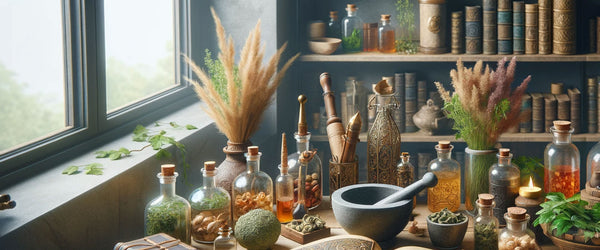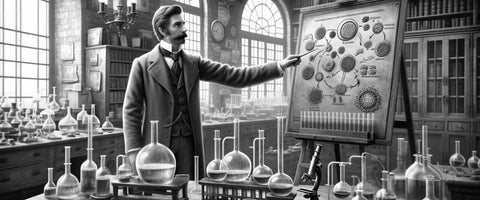Who Invented Ethanol? Unraveling the Mystery Through History
The journey to understanding ethyl alcohol, or ethanol, is a fascinating saga that spans centuries and involves a diverse cast of historical figures. While no single person can be credited with the "invention" of ethanol, several key contributors have significantly advanced our understanding of this vital chemical compound. From ancient alchemists to pioneering chemists, these are the milestones that have shaped our scientific and cultural relationship with ethanol.
The Arab Alchemists: Masters of Distillation
The distillation process is central to producing concentrated alcohol, and it was Arab alchemists in the Middle Ages who refined this art. Figures like Al-Kindi and Geber were instrumental in developing distillation techniques, setting the stage for the isolation of alcohol. Their work not only advanced chemistry but also laid the groundwork for the modern production of spirits.
The School of Salerno: A Medical Perspective
The 12th-century School of Salerno, a beacon of medical knowledge in Italy, recognized the medicinal properties of distilled alcohol. They utilized these early forms of ethanol for treatments, hinting at its importance beyond mere consumption.

Raymond Lull: A European Pioneer
Though contested, Raymond Lull is often celebrated for being among the first in Europe to distill alcohol successfully. His contributions, though shrouded in legend, mark a significant point in the understanding of ethanol in the West.
Valerius Cordus: Documenting the Spirit of Wine
In the 16th century, Valerius Cordus offered one of the earliest written descriptions of spiritus vini through his distillation methods. His work provided a clear recipe for obtaining what we now understand as ethanol, bridging ancient knowledge with modern science.
Antoine Lavoisier: The Chemical Breakthrough
The late 18th century saw Antoine Lavoisier, a French chemist, revolutionize our understanding of combustion and, indirectly, alcohol. By identifying oxygen and its role in fermentation, Lavoisier demystified the process that converts sugar to alcohol, laying the foundation for modern chemical science.
Carl Wilhelm Scheele and Joseph Priestley: Oxygen's Role
Independently discovering oxygen, Scheele and Priestley inadvertently clarified the role of this essential element in the fermentation process. Their discoveries were crucial for understanding how ethanol is produced on a chemical level.
Louis Pasteur: The Biological Mechanism
Louis Pasteur's demonstration that living yeast cells are responsible for fermentation was a monumental advancement. He showed that yeast converts sugar into alcohol in the absence of oxygen, a discovery that linked biology with chemistry in the production of ethanol.

In Conclusion: A Collective Invention
The story of ethanol's discovery is a testament to human curiosity and the collaborative nature of scientific advancement. From ancient times to the modern era, the quest to understand ethanol has involved alchemists, botanists, chemists, and biologists each adding a piece to the puzzle. Ethanol's journey from mystical substance to a well-understood chemical compound showcases the evolution of our scientific understanding and its integral role in society.









